Pupil Premium
What is pupil premium?
The Pupil Premium is additional funding provided by the Department for Education to enhance the education of the most socio-economically deprived students. Allocation of funding is made according to the number of students entitled to free school meals currently or at any time within the last six years (known as Ever 6 FSM) and children in care (known as LAC) who attend the school in Years 7-11. There is also additional Pupil Premium funding (known as the Service Premium) for any student who has or has had within the last five years a parent in the Armed Forces (known as Ever 6 service child).
Details of FSM and qualifying factors can be found here: https://www.marineacademy.org.uk/secondary/key-information/meals
Pupil Premium overview
At Marine Academy Plymouth, we believe that every child deserves a world-class education. We are relentlessly driven in our aim to ensure that ‘every child will have the option to go to University when they leave’. We are committed to achieving these things by delivering a challenging and academic curriculum in a culture of aspiration and the highest of expectations.
When making decisions about using Pupil Premium funding it is important to consider the context of the school and the subsequent challenges faced. This alongside research conducted by the EEF. Common barriers to learning for disadvantaged children can be: less support at home, weak language and communication skills, lack of confidence, more frequent behaviour difficulties and attendance and punctuality issues. There may also be complex family situations that prevent children from flourishing. The challenges are varied and there is no “one size fits all”. We will ensure that all teaching staff are involved in the analysis of data and identification of pupils, so that they are fully aware of strengths and weaknesses across the school.
Our school will:
· Have a designated Senior Leader who is part of the Trust Disadvantaged Network and contributes to termly review of impact and the sharing of best practice.
· Have a named Governor for Disadvantaged.
· Have a costed Pupil Premium Strategy that uses a consistent framework based on the three areas of need identified through the EEF research. This plan will be available on the website and reviewed termly by senior leaders and Governors.
· Contribute to Disadvantaged peer reviews and will also undertake an external review every 3 years.
· Provide funding for DS to access extra-curricular opportunities and ensure they are represented in every aspect of school life.
· Ensure every aspect of the school’s KPI’s have a reporting mechanism for Disadvantage.
In addition, we will use the following guiding principles as part of our work in supporting Disadvantaged children:
· First, all staff are aware of the disadvantaged students they teach, tutor or mentor: we consciously build strong relationships with these students, gaining knowledge of their subject strengths and areas for development, their individual contexts and aspirations.
· We focus relentlessly on developing them as individuals: their talents, their academic endeavours and acknowledge and address the unique barriers they face.
· At the front of our minds we remember that we are powerful advocates: we have a responsibility to ensure that every disadvantaged student is prioritised for enriching academic and extra- curricular opportunities that challenge and inspire them.
· We develop disadvantaged students as leaders in our community: we believe in them, even when they don’t believe in themselves; we prioritise them at every opportunity, proactively encourage them to take on leadership roles and ensure they develop the skills in order for them to be successful.
· We know that excellent teaching is at the heart of disadvantaged learners’ success: supported by our ambitious learning culture, our pedagogy, knowledge-rich, cohesive curriculum, consistent routines, feedback, high expectations and strong knowledge of individuals can and do make a difference to our most vulnerable students.
· We know that excellent teaching is adaptive and meets the needs of the learner: teachers engage with incremental coaching and evidence-informed approaches to refine, develop and improve in order to ensure our learners achieve their potential. We understand the importance of subject mastery and seek always to develop subject knowledge and expertise.
· We address financial and practical barriers to learning and enrichment: we know how parents or carers can apply for bursaries to support access to activities and enrichment opportunities; we provide essential equipment, discounts for uniform and study guides for disadvantaged students.
· We offer opportunities for independent practice: we explicitly teach students learning habits, which are embedded in lessons and monitor their success throughout their school career and intervene, where necessary, to support progress.
· We raise aspirations and focus on the future: we provide guidance and support that allow our students to explore opportunities they may not have considered. Students are prioritised for careers advice and work experience. We develop strong links with universities and businesses in order to encourage all students to broaden their horizons.
We understand that excellent attendance is fundamental to student success: we intervene early and positively when students are absent and ensure that any barriers to excellent attendance are addressed.
For more information on Pupil Premium, or to discuss how your child can benefit from additional support please contact Mr Cole, Associate Assistant Principal- Narrowing the Gaps and Data.
Find out more about our Pupil Premium by downloading the document below:




